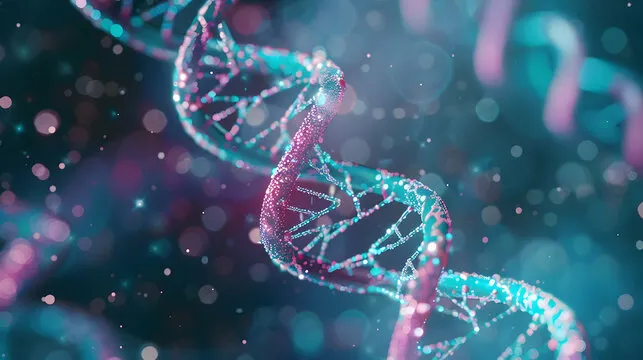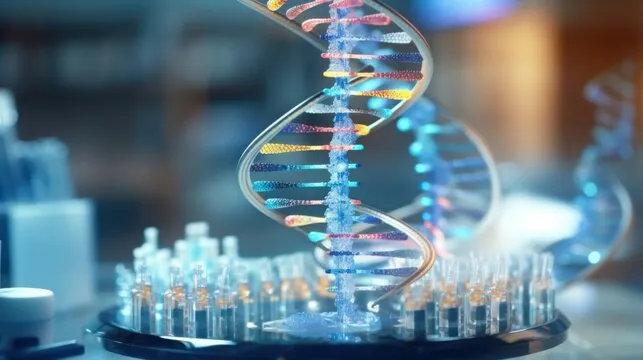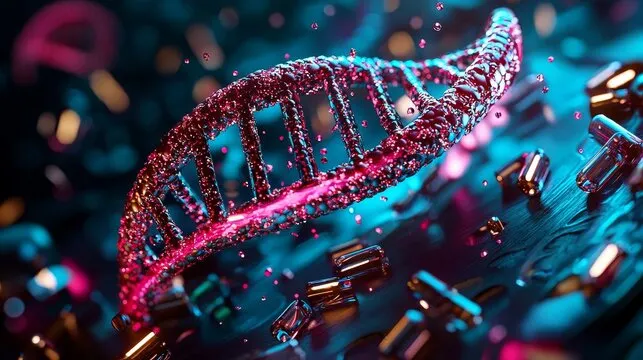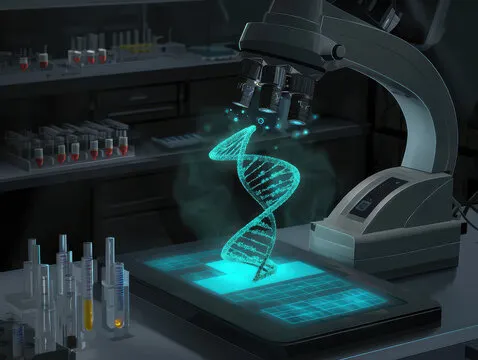The Rise of Gene Editing Technology
Gene editing has become one of the most debated topics in modern science. With technologies like CRISPR making it easier to modify DNA, the potential for curing genetic diseases, enhancing human traits, and even altering future generations is now within reach. But with great power comes great responsibility. Scientists, ethicists, and the general public are divided over the ethical implications of gene editing.

What is Gene Editing?
- Gene editing refers to the process of making precise changes to an organism’s DNA.
- CRISPR (Clustered Regularly Interspaced Short Palindromic Repeats) is the most advanced tool for gene editing.
- It allows scientists to cut, replace, or modify specific genetic sequences.
The Benefits of Gene Editing
1. Eradicating Genetic Diseases
- Scientists can remove or correct faulty genes responsible for diseases like cystic fibrosis, sickle cell anemia, and Huntington’s disease.
- This could lead to a healthier population with fewer hereditary disorders.
2. Advancements in Medicine
- Gene editing could revolutionize cancer treatment by modifying immune cells to attack cancer more effectively.
- Personalized medicine may become more common, tailoring treatments to an individual’s genetic makeup.
3. Improving Food Production
- Scientists are using gene editing to create crops that are resistant to pests, drought, and diseases.
- This could help solve food shortages and improve global nutrition.

The Ethical Concerns of Gene Editing
1. “Playing God” Argument
- Many people believe that altering human DNA is unnatural and goes against religious and moral beliefs.
- There is fear that modifying genes could lead to unforeseen consequences in future generations.
2. Designer Babies & Genetic Inequality
- Gene editing may lead to a future where parents select their child’s physical traits, intelligence, or athletic ability.
- This raises concerns about social inequality, where only the wealthy can afford genetic enhancements.
3. Unintended Consequences & Risks
- Gene editing is still in its early stages, and mistakes could lead to harmful mutations.
- Changing one gene might unintentionally affect other traits, causing unknown health issues.

Case Studies: Real-World Applications & Controversies
1. China’s CRISPR Babies Scandal
- In 2018, Chinese scientist He Jiankui edited the genes of twin babies to make them resistant to HIV.
- His actions were widely condemned, and he was sentenced to prison for unethical experimentation.
2. Gene Therapy Success Stories
- Some patients with genetic disorders, such as sickle cell anemia, have been successfully treated with gene therapy.
- This proves that gene editing has real-world benefits when used responsibly.
The Future of Gene Editing: Where Do We Draw the Line?
1. Government Regulations & Ethical Guidelines
- Countries have different laws regarding gene editing. Some allow it for medical purposes, while others ban it completely.
- The need for strict guidelines is crucial to prevent unethical practices.
2. Public Opinion & Scientific Responsibility
- Should society have a say in how editing is used?
- Scientists must ensure that gene editing is used for the right reasons and does not create more problems than it solves.

Conclusion: A Balancing Act Between Science and Ethics
Gene editing has the power to change the world for the better, but it also comes with significant ethical dilemmas. While the ability to cure diseases and improve lives is exciting, the risk of unintended consequences and moral concerns cannot be ignored. The future of editing depends on finding a balance between innovation and responsibility, ensuring that this powerful technology benefits humanity without causing harm.
To move forward responsibly, global cooperation is necessary. Scientists, governments, and the public must engage in discussions about the moral, social, and legal frameworks governing editing. Should there be universal regulations, or should each country determine its own ethical boundaries? These questions remain unanswered.
Additionally, the role of artificial intelligence (AI) in editing is becoming increasingly significant. AI-driven algorithms can analyze genetic data faster and more accurately, potentially minimizing risks and improving the precision of modifications. However, concerns about the ethical use of AI in genetic decision-making persist.
Public awareness and education will also play a crucial role in shaping the future of editing. Misinformation and fear often surround groundbreaking scientific advancements. Transparent communication from researchers and bioethicists can help people understand the realistic possibilities and limitations of editing.
Ultimately, the responsible use of editing could lead to extraordinary medical and agricultural breakthroughs. But without proper oversight, it could also open the door to new ethical and societal dilemmas. The question remains: should we embrace this scientific frontier fully, or should we tread cautiously to avoid unintended consequences?
What are your thoughts on gene editing? Should scientists proceed with caution or embrace the full potential of this technology? Let us know in the comments!
Massive Infrastructure Boom: Billions Poured into Roads, Rail & More!






